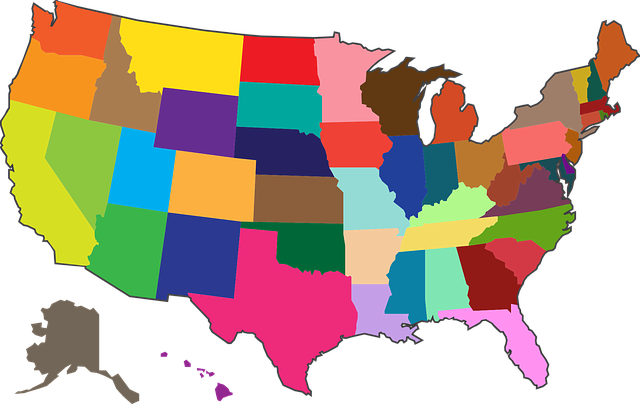In West Virginia, both federal (Telemarketing Act of 1991) and state laws, including the Do Not Call Registry, strictly regulate telemarketing practices to protect consumers. Clarksburg businesses must comply with these regulations, especially regarding Do Not Call (DNC) rules, to avoid fines and reputational damage. Key compliance measures include verifying consent, honoring opt-out requests, maintaining call records, understanding industry-specific laws, providing employee training, and seeking legal guidance from specialized Do Not Call Lawyers West Virginia.
“In the dynamic landscape of telemarketing, Clarksburg businesses must navigate legal requirements to ensure compliance. This comprehensive guide aims to empower local entrepreneurs with knowledge about West Virginia’s telemarketing laws. From understanding ‘Do Not Call’ regulations to implementing best practices, this checklist covers essential aspects. By adhering to legal standards, Clarksburg businesses can avoid potential pitfalls and foster ethical marketing strategies, even in today’s digital era. Explore these crucial steps and consult Do Not Call Lawyers West Virginia for expert guidance.”
Understanding Telemarketing Laws in West Virginia

In West Virginia, telemarketing laws are regulated by both state and federal regulations, primarily aimed at protecting consumers from unwanted phone calls. The Telemarketing Act of 1991, enforced by the Federal Trade Commission (FTC), sets guidelines for legitimate telemarketing practices across the nation, including West Virginia. Additionally, the West Virginia Do Not Call Registry plays a crucial role in empowering residents to control inbound telemarketing calls. Businesses engaging in telemarketing within the state must comply with these laws to avoid penalties and legal issues.
Knowing and adhering to these regulations is essential for Clarksburg businesses to ensure they remain compliant. The Do Not Call Lawyers West Virginia, part of the state’s regulatory framework, offers clear instructions on permissible practices, including required disclosures, consent obtaining methods, and restrictions on certain types of calls. Understanding and implementing these measures will help businesses avoid legal complications and maintain a positive relationship with their customers.
Essential Compliance Checks for Clarksburg Businesses Engaged in Telemarketing

Clarksburg businesses engaging in telemarketing must adhere to stringent legal guidelines to avoid legal repercussions, especially when interacting with consumers in West Virginia. One key aspect is ensuring compliance with the Do Not Call (DNC) laws and regulations. It’s crucial for businesses to implement robust checks to prevent calling numbers registered on the DNC list. Failing to do so can result in substantial fines and damage to the company’s reputation.
Essential compliance checks include verifying that all telemarketing calls are made with proper consent, honoring consumer requests to stop contacting them, and maintaining accurate records of call activities. Additionally, businesses should have a clear understanding of the specific regulations applicable to their industry and geographic location. Regular training for employees involved in telemarketing is vital to ensure they remain up-to-date with these laws, especially as they can be subject to change.
Avoiding Legal Troubles: Best Practices and Do's and Don'ts for West Virginia Telemarketers

Telemarketing can be a powerful tool for businesses in Clarksburg, but it also comes with strict regulations to adhere to, especially when operating within West Virginia’s legal framework. One misstep could lead to costly legal troubles, fines, and damage to your company’s reputation. Therefore, it’s crucial to understand the do’s and don’ts of telemarketing to ensure compliance and protect yourself from potential challenges.
Avoiding legal issues begins with obtaining the necessary permits and licenses for telemarketing activities in West Virginia. Always inform consumers about their right to opt-out of your calls, and respect their choice immediately. Never make misrepresentations or exaggerate product features during sales pitches. Do not call numbers on the Do Not Call Registry or those who have requested to stop receiving calls. Instead, focus on building relationships through genuine interactions and personalized approaches. Remember, transparency and ethical practices are key to long-term success in the telemarketing landscape of West Virginia, keeping you away from potential involvement with Do Not Call Lawyers in the state.






